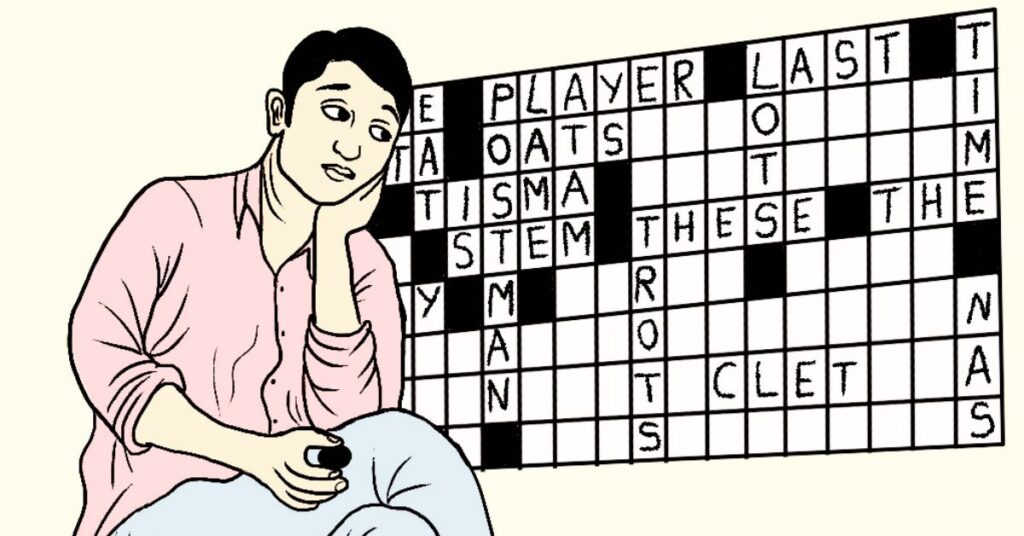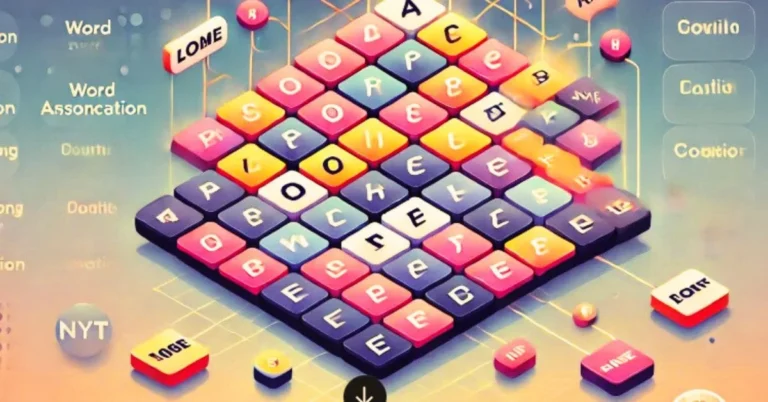The New York Times (NYT) Crossword is a beloved puzzle for enthusiasts worldwide, offering brain-teasing challenges and clever wordplay. One of the clues that might stump even the most seasoned solvers is port caller nyt crossword. This article will unravel the mystery behind this intriguing clue, exploring its potential meanings, common answers, and how you can improve your crossword-solving skills. Whether you’re a beginner or a pro, you’ll find this guide helpful.
Understanding Port Caller
The term “port caller” in the context of a crossword puzzle typically refers to something or someone associated with calling at a port. It could signify maritime activities, shipping, or even technological terms depending on the clue’s context. The New York Times Crossword is notorious for its clever wordplay, so understanding the broader context of “port caller” is essential.
Here are some possible interpretations:
- Maritime Context:
- A ship docking at a port.
- A person or entity involved in port operations.
- Telecommunication Context:
- Devices or individuals using ports for communication.
- Metaphorical Use:
- The clue might use “port caller” in a non-literal sense, as a play on words.
Common Answers for Port Caller NYT Crossword
When you encounter the clue port caller nyt crossword, consider the following answers, frequently seen in puzzles:
- SHIP: A straightforward answer referring to a vessel docking at a port.
- BOAT: Another simple maritime term.
- RADIO: This could refer to communication devices calling a port.
- HORN: Often used to signal arrival at a port.
- VHF: A specific term for radio frequencies used in maritime communication.
Tips for Solving NYT Crossword Clues

Mastering the New York Times Crossword requires a combination of vocabulary, knowledge, and strategy. Here are some tips to help you crack clues like port caller nyt crossword:
1. Understand the Puzzle’s Theme
Many NYT Crossword puzzles follow a specific theme. Identifying the theme can provide context for solving related clues.
2. Look for Wordplay
The NYT Crossword often employs puns, double meanings, and misdirection. For example, “port caller” might not always mean something literal.
3. Use Cross-Referencing
Crossword puzzles are interconnected. Fill in surrounding clues to help narrow down possibilities for challenging answers.
4. Expand Your Vocabulary
Regular practice and exposure to new words will enhance your crossword-solving abilities.
5. Utilize Online Tools
If you’re stuck, tools like online crossword solvers can provide suggestions for answers. However, use these sparingly to improve your skills.
Why is the NYT Crossword So Popular?
The New York Times Crossword is more than just a game—it’s a cultural institution. Here are some reasons for its popularity:
- Challenging Yet Accessible: It’s suitable for both beginners and experts.
- Creative Clues: The clever wordplay keeps solvers engaged.
- Community Aspect: Many enjoy discussing and solving puzzles with friends or online communities.
Optimizing for Featured Snippets
To help this article stand out in search engines, let’s include a concise FAQ section that addresses common questions about port caller nyt crossword.
FAQ: Port Caller NYT Crossword
Q1: What does “port caller” mean in the NYT Crossword? A1: “Port caller” typically refers to a ship, boat, or other entity associated with port activities. It could also be a play on words depending on the puzzle’s theme.
Q2: What are common answers for “port caller” clues? A2: Common answers include “SHIP,” “BOAT,” “RADIO,” “HORN,” and “VHF.”
Q3: How can I improve my crossword-solving skills? A3: Practice regularly, expand your vocabulary, and familiarize yourself with common crossword themes and wordplay.
Q4: Are there tools to help solve the NYT Crossword? A4: Yes, tools like crossword solvers and dictionaries can assist, but it’s best to use them as learning aids.
Conclusion
The port caller nyt crossword clue exemplifies the ingenuity and challenge of the New York Times Crossword. By understanding its possible meanings, exploring common answers, and honing your problem-solving skills, you can tackle even the trickiest puzzles with confidence. Remember to enjoy the process—after all, crosswords are as much about the journey as the destination!



